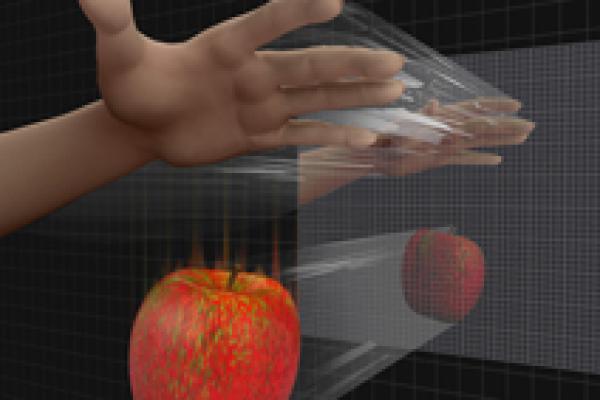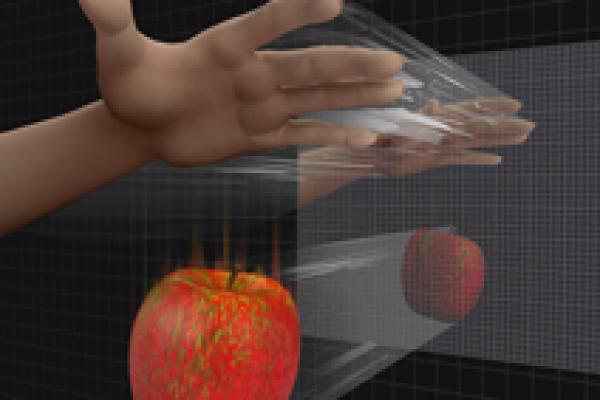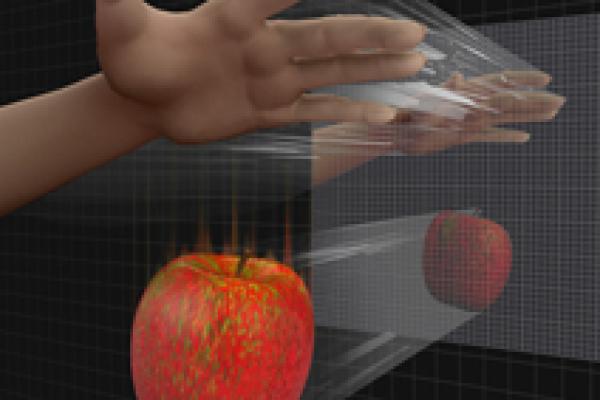Article


Quantum gravity in the can: The holographic principle
It might sound like something from science fiction, but the holographic principle might help us answer the biggest problem in modern physics.







